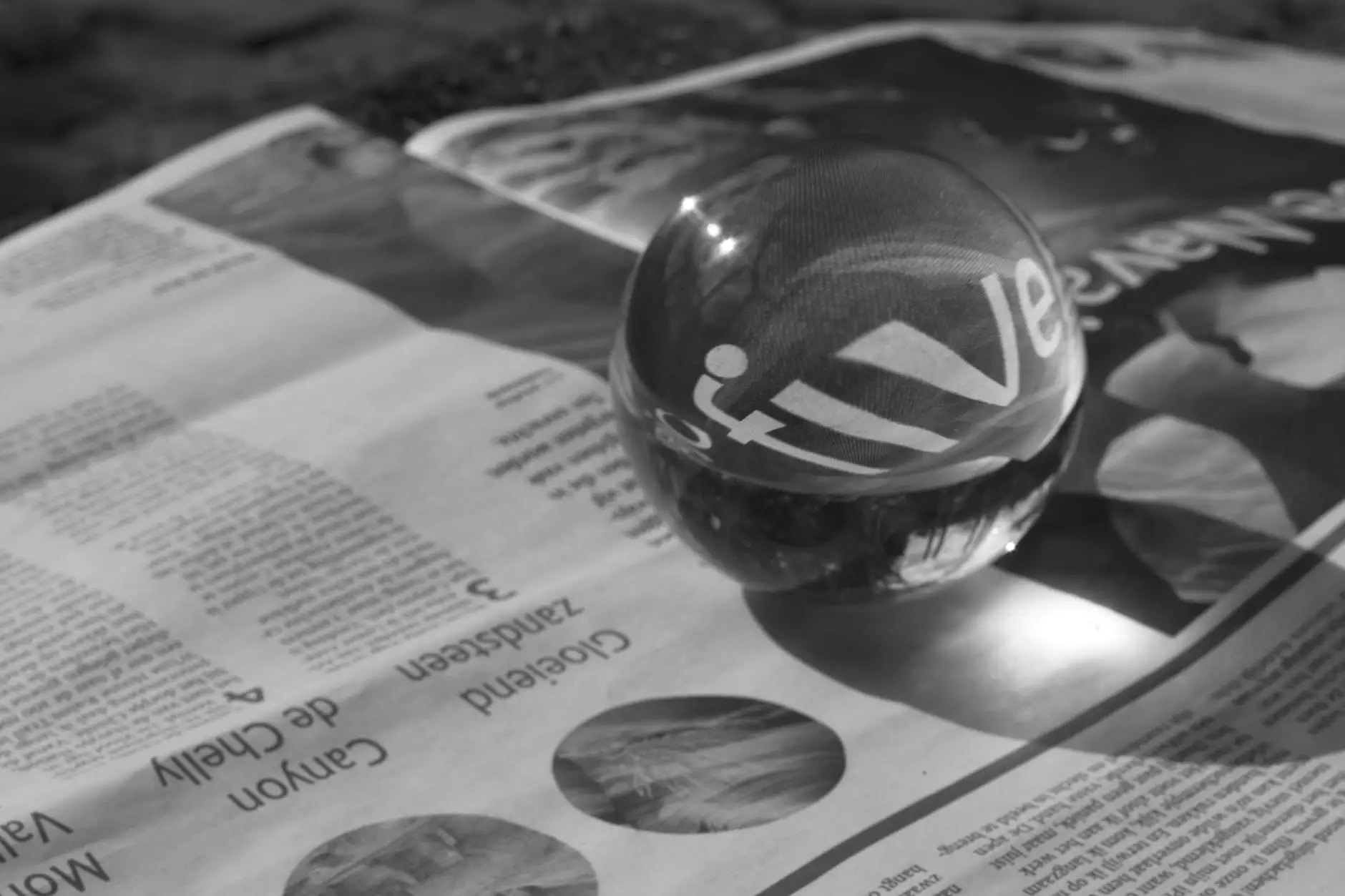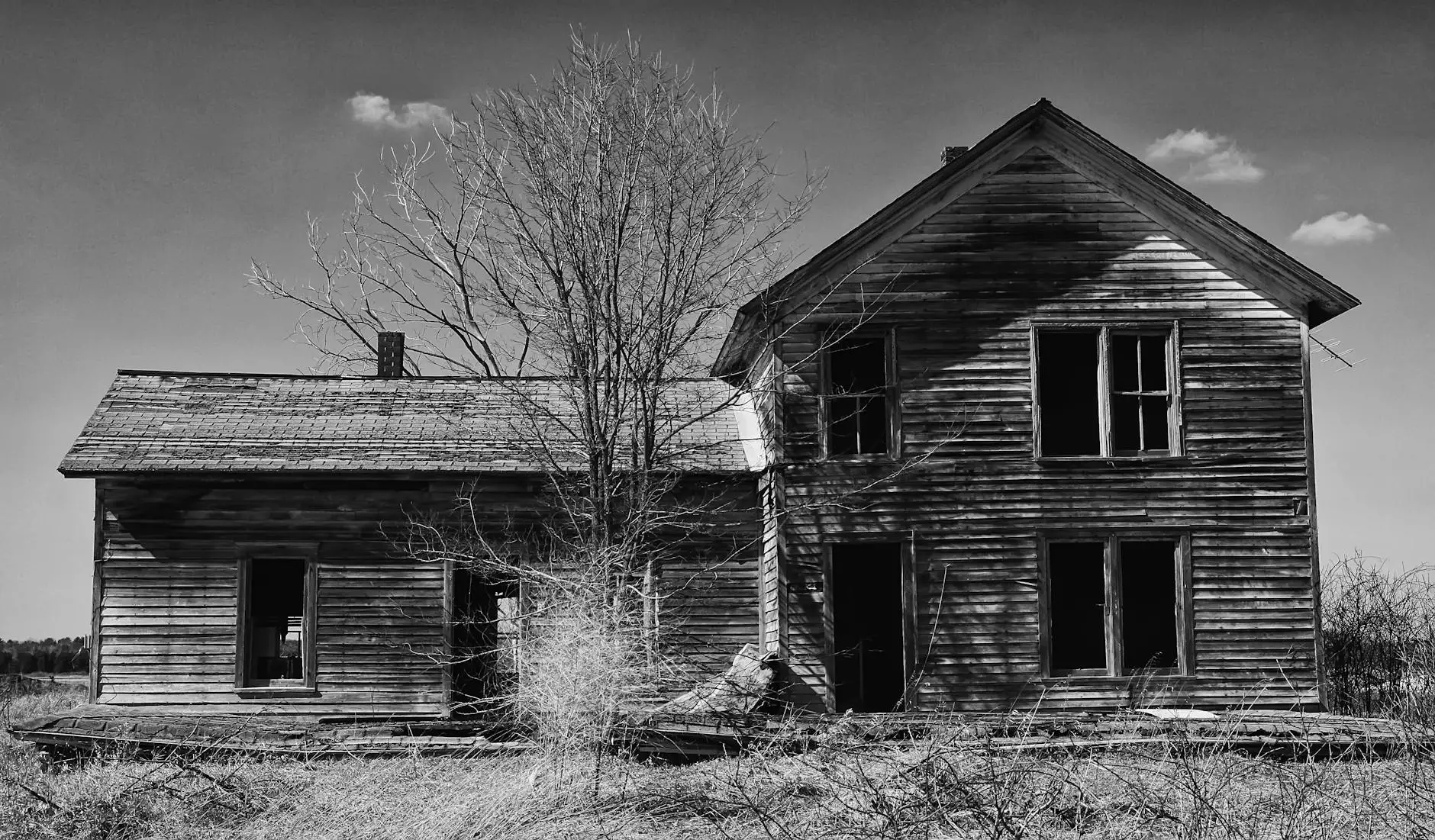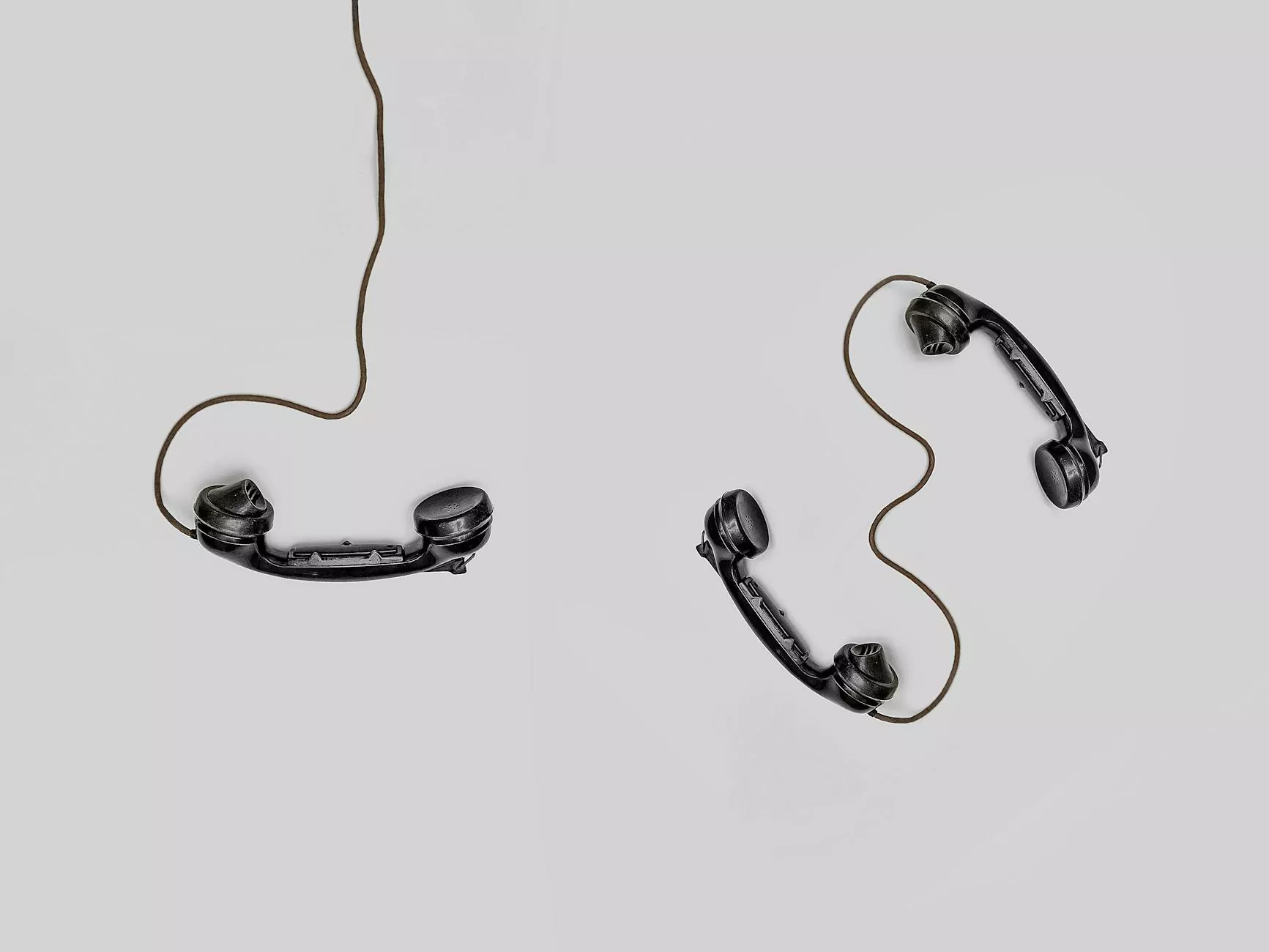Understanding Equine Medical Care: A Deep Dive into HorseMedCare

HorseMedCare has emerged as a leading name in the realm of equine medical care. Providing dedicated services for horse health and wellness, HorseMedCare emphasizes the importance of comprehensive veterinary assistance, preventive care, and education for horse owners. In this article, we will discuss the critical aspects of equine medical care, the role of veterinarians, and the significance of pet services and adoption programs.
The Importance of Equine Medical Care
Horses are remarkable creatures that require meticulous care and attention. Just as we tend to our pets, ensuring the health of our horses is paramount. Regular veterinary check-ups and medical care can prevent many health complications. Here’s why equine medical care is essential:
- Early Detection of Illness: Regular veterinary visits can help identify health issues before they become serious, saving both time and money.
- Preventive Health Measures: Vaccinations, deworming, and dental care play a vital role in maintaining the overall health of your horse.
- Enhanced Performance: Proper medical care ensures that horses perform at their best whether for competition or recreational riding.
- Improved Longevity: A proactive approach to health care increases the lifespan of your equine companions.
Veterinary Services for Equines
Veterinarians specializing in equine medicine offer a wide range of services tailored to the unique needs of horses. Here’s what you can expect:
1. Routine Health Check-ups
Regular physical exams conducted by a qualified veterinarian are essential to maintaining the health of your horse. These check-ups can include:
- Complete physical examination.
- Assessment of weight and body condition.
- Monitoring of vital signs such as heart rate and temperature.
- Skin and coat evaluation for signs of illness.
2. Vaccination Programs
Vaccines protect horses from various infectious diseases. A veterinarian will develop a vaccination schedule that best suits the horse’s lifestyle and risk factors, including:
- Tetanus
- West Nile Virus
- Equine Influenza
- Strangles
3. Dental Care
Dental health is critical for horses. Regular dental check-ups ensure that their teeth are healthy and functioning correctly. Common dental issues in horses include:
- Sharp points that can cause injuries.
- Wolf teeth that can interfere with the bit.
- Decay and periodontal diseases.
Emergency Care for Horses
Emergencies can arise at any time. Knowing how to react and having access to a veterinarian experienced in emergency equine care is vital. Common emergencies include:
- Colic: Abdominal pain that can indicate serious gastrointestinal problems.
- Injuries: Cuts, fractures, or lacerations are common in active horses.
- Respiratory Distress: Difficulty breathing can signal serious issues that need immediate attention.
Integrating Pet Services in Equine Care
While horses require specialized veterinary services, integrating general pet services into your equine care routine can enhance their overall well-being. This includes techniques derived from holistic practices that can help calm an anxious horse or support recovery from illness:
1. Nutrition and Diet Management
Proper nutrition is pivotal for your horse's health. Maintaining a balanced diet tailored to the horse’s specific needs aids in preventing obesity, colic, and other metabolic disorders. Working with nutritionists to formulate optimal feeding plans is crucial.
2. Foot Care
Equine hoof care is as important as regular veterinary check-ups. Routine trimming and shoeing by a professional farrier keep the horse comfortable and sound. Problems such as:
- Thrush
- Laminitis
- Cracks or breaks in the hoof
can significantly impact a horse’s mobility and overall quality of life.
3. Mental and Emotional Well-being
Just like any other pet, horses require attention to their mental health. Engaging them in social activities, providing nice surroundings, and giving them time to interact with other horses can prevent behavioral issues.
Pet Adoption Programs and Their Impact
As part of responsible pet ownership and community service, veterinary clinics and animal welfare organizations often organize pet adoption programs. These programs aim to find loving homes for horses and other animals needing care. Here’s how these programs positively impact the community:
1. Reducing Overpopulation
Equine rescue organizations work diligently to save horses from neglect, abandonment, and overpopulation. By promoting adoptions, they help reduce the number of horses in shelters.
2. Education and Awareness
Adoption events often include educational components where potential adopters can learn about the responsibilities of horse ownership, including medical care, feeding, and overall maintenance.
3. Connecting Communities
These programs foster a sense of community among horse lovers, creating networks for support and sharing resources. This helps promote responsible equine care practices among owners.
Final Thoughts on Equine Medical Care
The world of equine health care is both vast and rewarding. Prioritizing the well-being of your horse through established practices available at HorseMedCare allows for a fulfilling partnership between horse and owner. From regular veterinary check-ups to active involvement in pet adoption initiatives, your efforts can greatly enhance the health and happiness of horses. Remember, responsible ownership goes beyond just providing food and shelter; it encompasses a commitment to comprehensive care and welfare.
Whether you’re a seasoned equestrian or a new horse owner, understanding the layers of equine medical care will empower you to make informed decisions that benefit your horse’s health and well-being. Trust in the support and resources available through veterinarians, adoption programs, and educational initiatives. Your commitment today ensures a brighter, healthier future for our majestic equine friends.
horsemedcare.com








